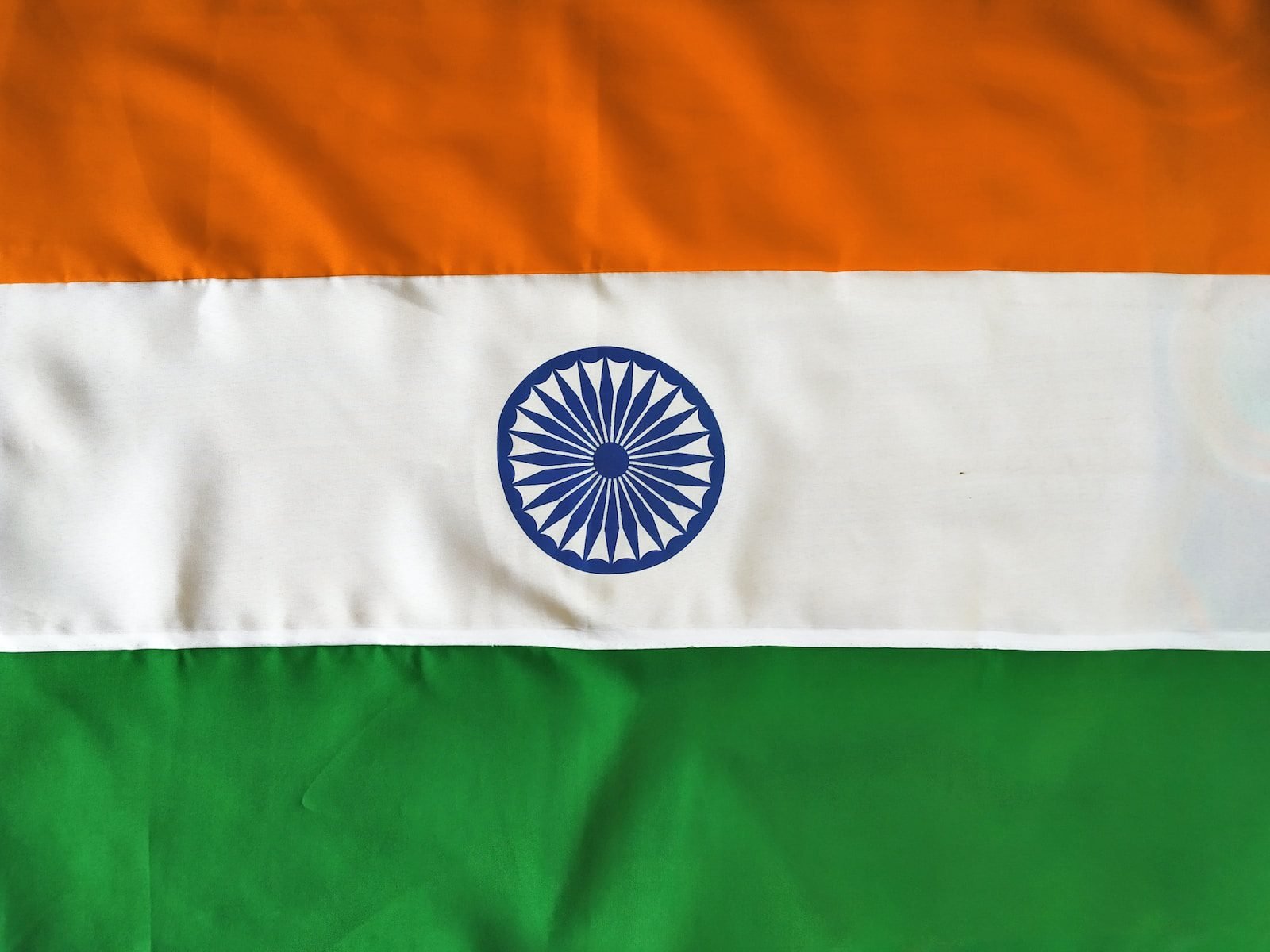The Indian economy is still doing well and is one of the fastest growing in the world, a top official of the International Monetary Fund said on Tuesday. This is true even though the IMF lowered its growth forecast for 2023-24 from 6.1 to 5.9%.
In an interview with PTI, Anne-Marie Gulde-Wolf, Deputy Director of the IMF’s Asia and Pacific Department, said, “The Indian economy continues to do well. It is still Asia’s fastest-growing economy and one of the world’s fastest-growing economies.”
“But we have changed our predictions to take into account new information that came out earlier this year. Based on this information, we now think that growth in FY 2023–2024 will be 5.9%, which is only slightly lower than the 6.1% we predicted in the January WEO. This is because we expect growth in consumption to slow down “she said.
“In fact, we have seen evidence of this slowing down of consumption growth in the data for CY 2022:Q4”, Gulde-Wolf said in response to a question, “as the large so-called “revenge consumption” boom from earlier in the year has died down.”
She said that because consumption is slowing, the IMF sees investment as the main driver of growth. This is shown by double-digit credit growth, strong PMIs, and an ambitious government spending programme that is budgeted.
She said that investing in infrastructure could have a big effect on growth in the medium and long term, so it should be a top policy priority.
Another thing that has helped growth is net exports, especially exports of services, which have done very well. The current account got much better last fiscal year, and a drop in commodity prices is expected to keep that trend going this year, an IMF official said.
“Risks are more likely to go down than up, and most of them come from outside factors,” Gulde-Wolf said. “These include stronger-than-expected contractions in external demand in partner countries, tighter global financial conditions, and stronger-than-expected spillovers from recent volatility in global financial markets.”
In response to a question, she said that India and China, as two of the world’s biggest and fastest-growing economies, can be key economic engines that drive global growth through consumption, investment, and trade.
She said that India and China are becoming more and more centres for technological innovation, which is helping the world make progress in areas like IT, renewable energy, and AI.
“In the current geopolitical situation, China and India can work together to keep the economy from breaking up. The IMF has talked about how economic fragmentation could cost money and cause bad things to happen. India and China are important players on the international stage. They are also key members of the G20 and can help keep international economic cooperation going in a good way.
“Finally, as two of the biggest developing economies, India and China can strengthen South-South cooperation, which will help other emerging markets and developing countries grow their economies and be more stable,” Golde-Wolf said.
She said that the IMF thinks China’s growth will speed up this year to 5.2%, up from 3.0% in 2022. In 2023, China’s growth is expected to account for more than a quarter of the world’s growth on its own.
This will also have positive effects on the rest of the world. Over the medium term, it is thought that for every percentage point of higher growth in China, growth in other countries will rise by about 0.3%.
China’s growth will pick up in 2023, but it won’t be because of investments in infrastructure. Instead, it will be because of increased private consumption. It is thought that this will have a bigger effect on the rest of Asia than other growth drivers, like investments. But the IMF official said that the short-term effects on the rest of Asia will vary from country to country. Those that depend on tourism are likely to benefit the most.
When asked what the biggest problems are for Asian countries, Golde-Wolf said that in the short term, inflation is a problem. Inflation in most Asian countries is not as high as in other places, but it has stayed above central banks’ goals, even though commodity prices have gone down.
“Core inflation has stayed steady, which means that the central bank may have to keep interest rates high for longer,” she said.
More uncertainty in the outside world is also a problem for Asian economies. She said that over the past year, exchange rates, financial conditions, and capital flows have changed a lot as markets reacted to news that affected monetary policy decisions in the US and Europe.
More recently, the problems in some US and European banks haven’t yet had a big effect on banks in Asia, but rising interest rates and costs of getting money could have an effect. The IMF official said that corporate and household debt levels have also gone up a lot in some Asian countries, which adds to worries about what might happen to the economy if interest rates go up.
Over the next few years, governments will have to fix the public finances, since spending went up during the pandemic and public debt went up a lot. Governments will have to find a balance between keeping growth going and getting their finances in order. She pointed out the need for “growth-friendly” efforts to increase government revenues through efficient tax reforms and more efficient government spending.
Because of ageing populations and slower productivity growth, GDP growth is likely to slow in many Asian countries over the next few years. This shows that structural and labour force reforms are needed. India is still an example of a country where, with the right policies, a “demographic dividend” could help fuel real and potential growth.
She said that the policies needed to take advantage of the demographic dividend include education, health care, and structural changes to make room for the growing number of people who want to work.
The way things are going in the world right now could make things harder for a lot of Asian countries, especially those that depend a lot on exports and supply chains. Governments might have to deal with geopolitical tensions and change their trade relationships. Golde-Wolf said that if you want a strong economy, you need to encourage regional cooperation and integration.
The IMF official said that, just like in the rest of the world, the Ukraine crisis was another shock for Asia and slowed down the recovery from the Covid period. Commodity and food prices went up, and supply chains were put under a lot of pressure. After Russia invaded Ukraine, oil prices almost doubled (through June 2022), and shipping costs tripled (through September 2021).
But despite the stresses, Asia’s growth was relatively strong because it did well in the second half of 2022.
“We think that the region grew by 3.8% as a whole in 2022. This was due to strong external demand from Europe and the US and strong domestic demand, even though most Asian economies reopened a little later than those in other parts of the world.
“Despite sporadic lockdowns in November and a bumpy reopening in December, the Chinese economy did not shrink,” she said.
The text of this story has not been changed since it came from a wire service.
Source: Team CurrencyVeda





